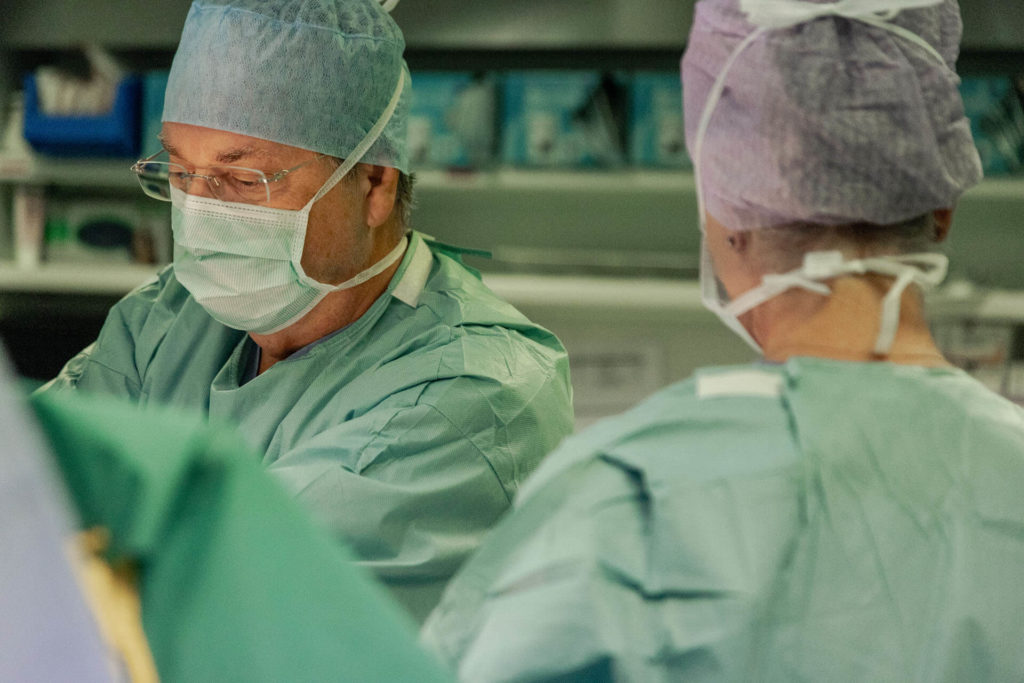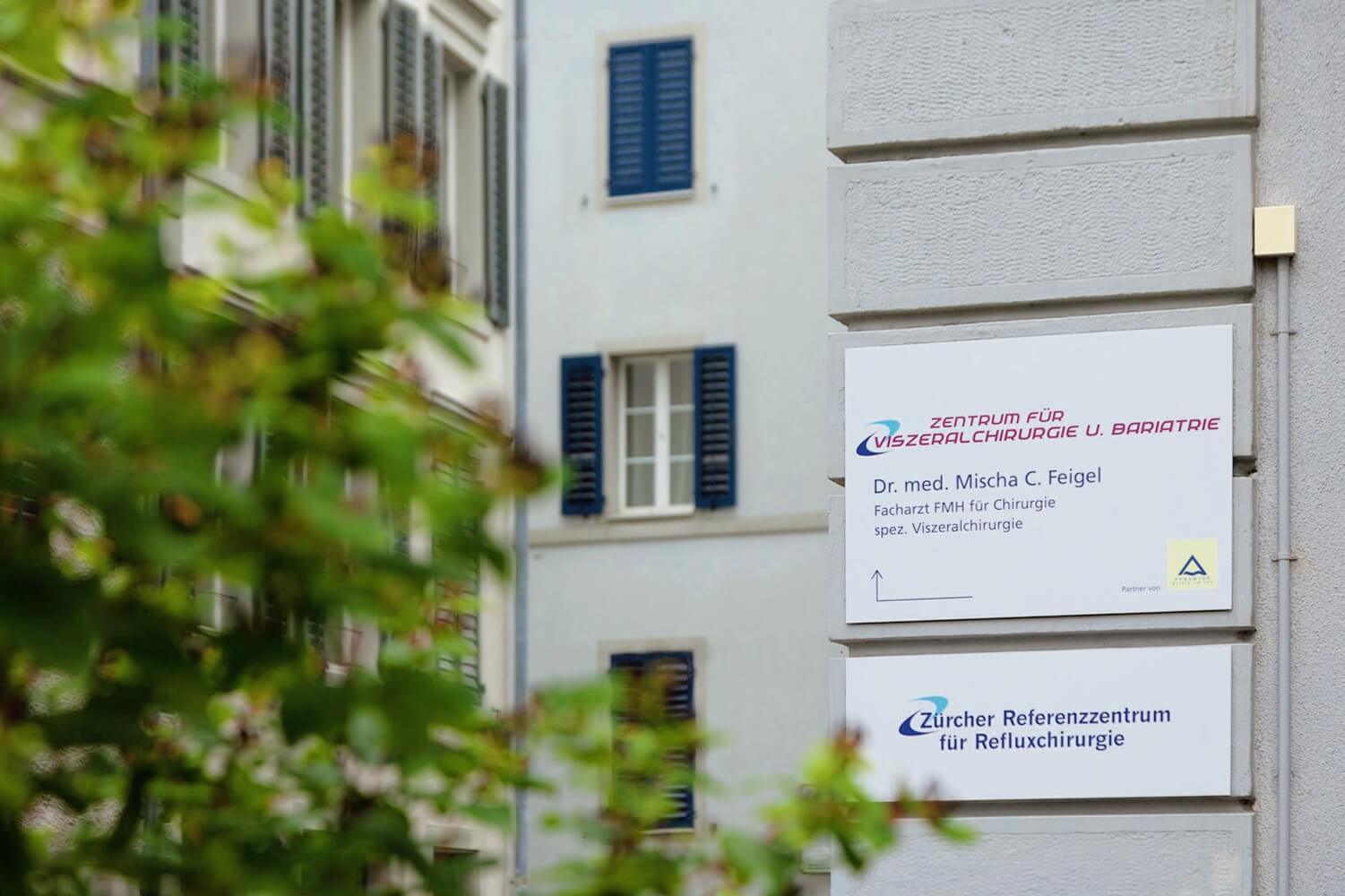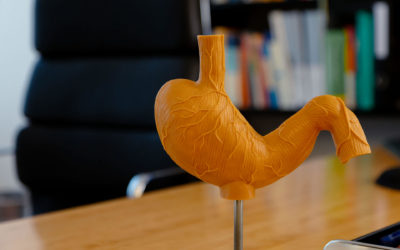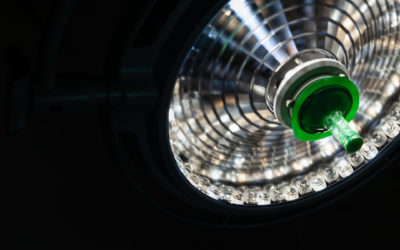Conclusion
Reflux disease is the most common benign disease of the upper gastrointestinal tract in the western world. Up to 25% of the population suffer from it permanently(!), which severely limits their quality of life.
Acute treatment is always conservative (dietary changes, elevation, weight loss, abstinence from nicotine and alcohol). In most cases, medium-term medical treatment is unavoidable. Unfortunately, half of the patients experience a recurrence of symptoms after stopping the medication. The alternative is between long-term medical treatment with proton pump inhibitors and surgical anti-reflux therapy, which is performed laparoscopically (minimally invasive).
In terms of outcomes, minimally invasive anti-reflux surgery appears to be consistently superior to both open surgery and long-term conservative medical therapy. The various treatment options should be discussed and evaluated in detail with the patient. In the hands of an experienced reflux surgeon, the long-term success rate today is 90-97%.


Surgical treatment of reflux disease is still not very common and the indication for surgery is given only hesitantly. This may be due to the fact that medical therapy with PPIs has been very successful in controlling the symptoms of reflux disease. In recent years, however, there has been an increasing number of publications warning about the possible significant long-term side effects of taking PPIs. The results of large trials are still needed before more precise recommendations can be made. However, thanks to modern minimally invasive surgical procedures, very reliable, gentle, less stressful and, above all, permanent alternatives to long-term medical therapy are now available. In our opinion, surgical (causal!) therapy of reflux disease by restoring normal anatomy, should increasingly be included in the shortlist of treatment options.
We hope that we have been able to give you an insight into the various problems of gastroesophageal reflux disease, the examinations involved and the different treatment options available. Please do not hesitate to contact us if you have any further questions.
Best regards
Mischa Feigel, MD




